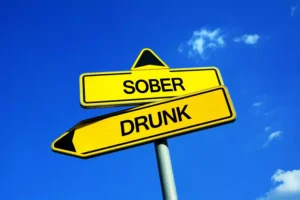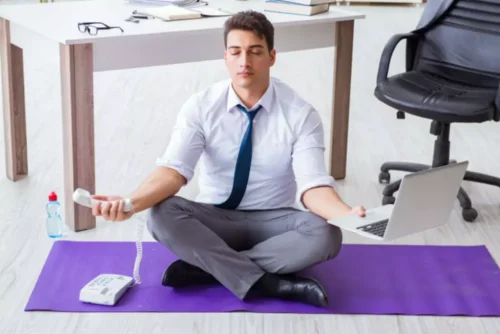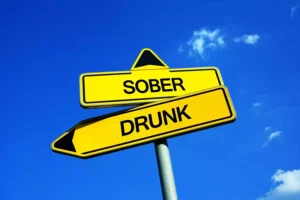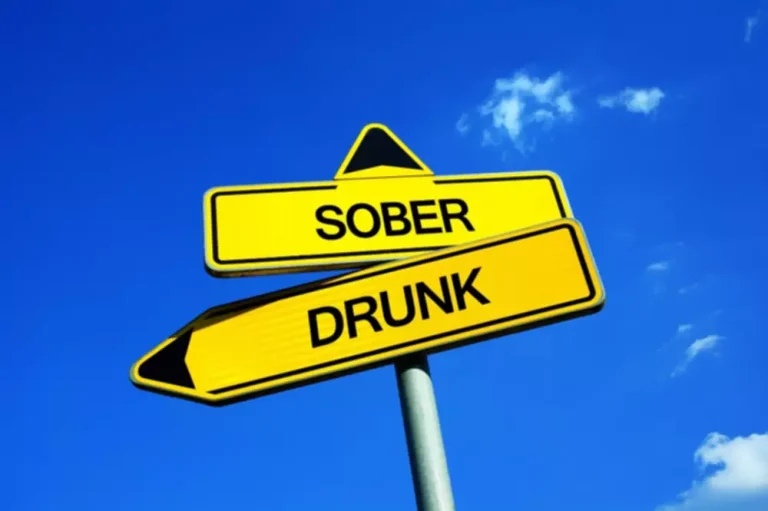
Several factors, such as the sleeping environment, can exacerbate the situation. An overly warm room or excessive bedding can worsen the intensity of night sweats. Individual factors, including metabolism rate and body composition, also play a significant role in how significantly one experiences these effects. This response is an inefficient and counterproductive effort by the body to maintain thermal equilibrium. Excessive sweating due to hyperhidrosis can be a short- or long-term condition that can be challenging to manage. Concern over how someone may react to your symptoms (like shaking your sweaty hand) may make you want to withdraw from social situations.
First symptoms of liver damage from alcohol
The condition isn’t life-threatening, but it can have a major impact on your life. You may feel embarrassed or sensitive talking about your condition and it might keep you from participating in activities that you regularly enjoy. If hyperhidrosis affects your mental health, talk to a healthcare provider or a mental health professional.
Packing your hurricane go bag? Make provisions for your health

You drank too much last night, and now you feel it all over your body. It can be tempting to try quick hangover remedies, like a shower, coffee or greasy breakfast. But the best hangover cure is to wait it out and drink lots of water. For those needing assistance with alcohol-related issues, it’s important to consider reaching out to Resolute Recovery, a leading addiction and alcohol rehab center in Massachusetts. They not only offer a variety of SUD programs but also provide tailored therapy programs to guide individuals through their recovery journey.
Achieve lasting recovery

A spike in insulin levels causes hypoglycemia or low blood sugar and this is usually accompanied by sweating. A person should speak with a doctor if these symptoms do not improve. Without diagnosis and treatment, it could lead to liver complications. Sometimes, a person may appear to have alcohol intolerance but react to another ingredient in a drink. Doctors may use allergy tests to determine whether alcohol is the issue. A person should seek immediate medical attention if they experience these symptoms.
Withdrawal symptoms can be uncomfortable and, in severe cases, dangerous, requiring medical intervention. For some, even having one glass of wine or pint of beer can cause flushing in the face, and the more the person drinks, the redder their skin becomes. If you take any of these medications and experience symptoms of hyperhidrosis, talk to your healthcare provider. Don’t stop taking a medication unless your provider tells you it’s safe to do so. Sweat is an odorless fluid released from your eccrine glands (sweat glands). Sweat’s job is to help regulate sweating after drinking your body temperature and prevent overheating.
- You may experience sweating at random times of the day when there isn’t something like an activity or emotion causing your glands to produce sweat.
- Alcohol night sweats refer to the occurrence of excessive sweating during the night, often affecting the face, chest, back, and arms.
Resolute Recovery

This imbalance can trigger a variety of withdrawal symptoms, with night sweats being one of the primary physical manifestations. These sweats occur as the body’s autonomic system responds to the stress of withdrawal, attempting to detoxify and return to homeostasis. Alcohol’s ability to alter the body’s heat regulation mechanisms significantly contributes to the occurrence of night sweats.
- An alcohol intolerance means your body cannot break down alcohol well.1 Some people are more prone to alcohol intolerance than others.
- Alcohol also increases urination, which makes your body lose water along with sweat and can lead to dehydration.
- You probably don’t think of being sweaty as a good thing, but it serves an important function.
- The antiperspirant works by forming a plug in the pore of the sweat gland.
- This condition, often genetic, triggers various symptoms when you consume alcohol.
Withdrawal Symptoms
If you have generalized hyperhidrosis, managing or treating any underlying health conditions can help. You can also work with your healthcare provider to manage the side effects of medications you’re prescribed to reduce the likelihood of hyperhidrosis. In addition, if you experience night sweats due to alcohol consumption, it may be a sign of alcohol addiction. If you believe you may be struggling with an alcohol use disorder or alcohol abuse, seek medical advice. You may find yourself changing your routine to hide your symptoms from others. Constant sweating may be so severe that you avoid common actions, such as lifting your arms or shaking hands.
Your provider may recommend a prescription-strength antiperspirant or medications to lessen your symptoms. Alcoholism, on the other hand, is a chronic health condition characterized by an inability to control drinking, physical dependence, and withdrawal symptoms when drinking is stopped. For example, alcohol can increase the production of the stress hormone cortisol, which can disrupt our sleep and lead to night sweats.

Night sweats, characterized by excessive sweating during sleep, go beyond the usual perspiration and can drench your sheets and pajamas. However, there’s a notable link between alcohol consumption and night sweats that many people may not be aware of. While night sweats are a common and uncomfortable symptom of alcohol withdrawal, understanding their cause provides a foundation for managing them effectively. With the right strategies and support, individuals can overcome these challenges as part of their journey toward recovery from alcohol dependency. Alcohol night sweats refer to the occurrence of excessive sweating during the night, often affecting the face, chest, back, and arms.
Body Temperature Regulation
Delirium tremens (DT) is the most severe form of alcohol withdrawal. It can cause severe sweating, fever, hallucinations, and seizures. This is a life threatening event requiring immediate medical care. The severity of your symptoms is proportional to your alcohol intake, according to Mayo Clinic. If you are experiencing these effects or believe your drinking has gotten out of hand, talk with your doctor or other trusted professional. Duration of symptoms can vary depending on the amount of alcohol a person has consumed, the rate at which their body processes alcohol, and their overall health.
